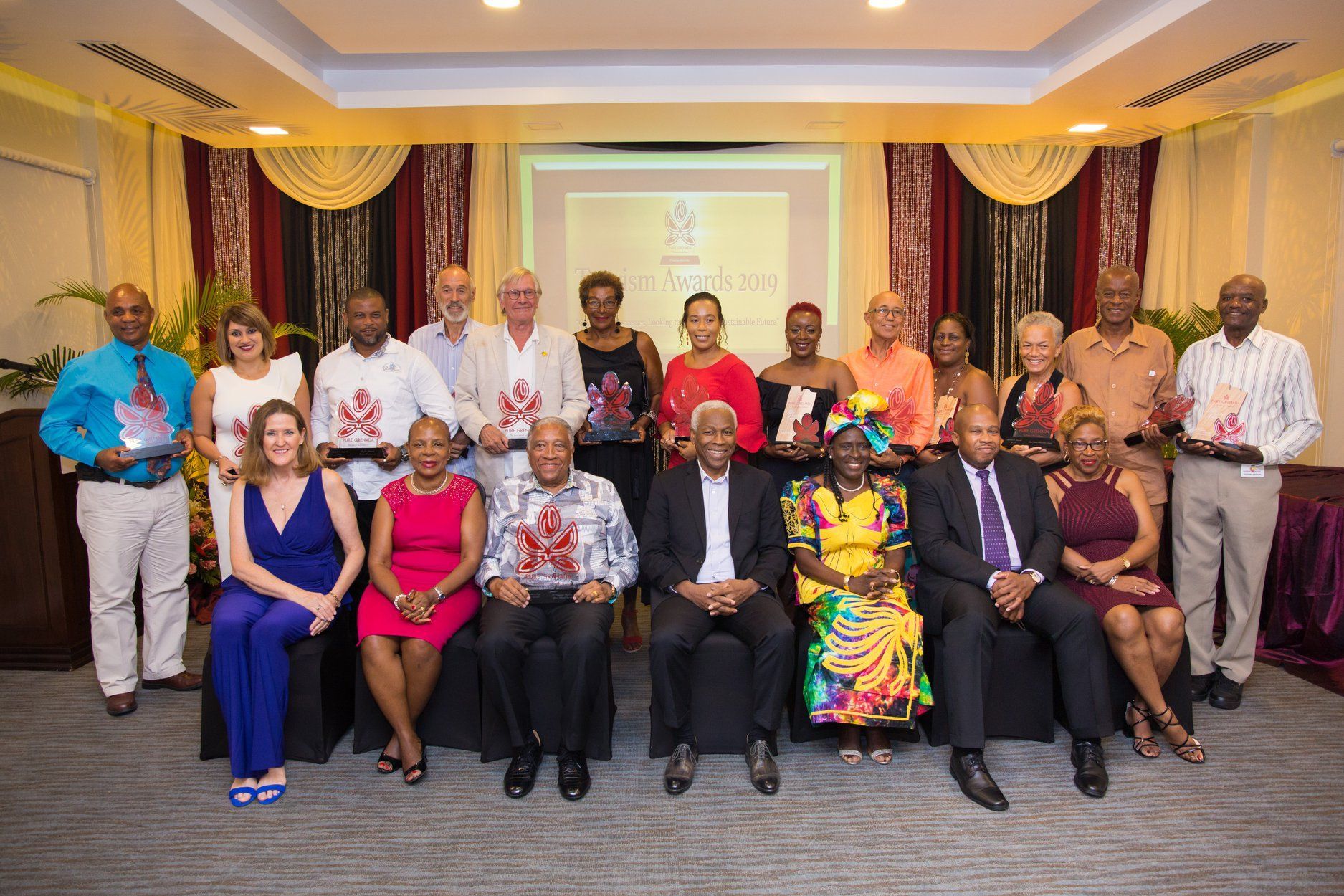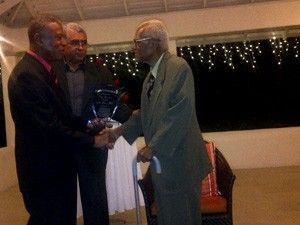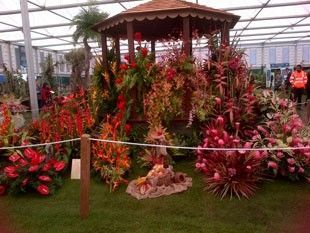Newsletter
Thank you for contacting us.
We will get back to you as soon as possible.
We will get back to you as soon as possible.
Oops, there was an error sending your message.
Please try again later.
Please try again later.
Newsletter
Sign up to get the latest news on upcoming trips and events
Site Maps
Useful Links
About Us
© 2025
Caribbean Horizons Tours & More
Website Development by ResmarkWeb | Online booking software powered by Resmark





